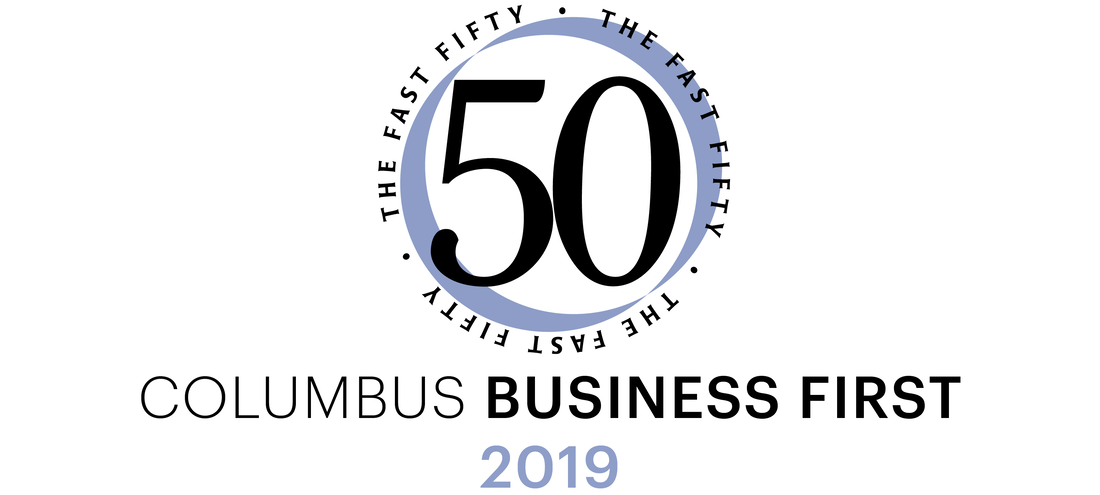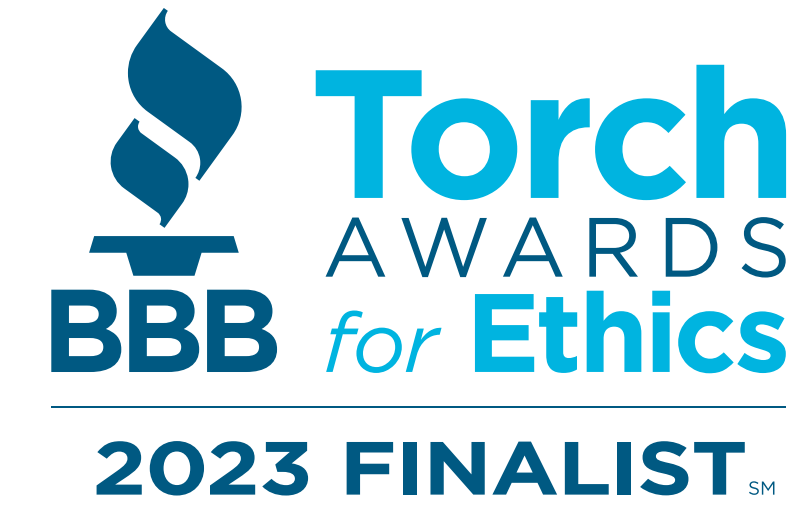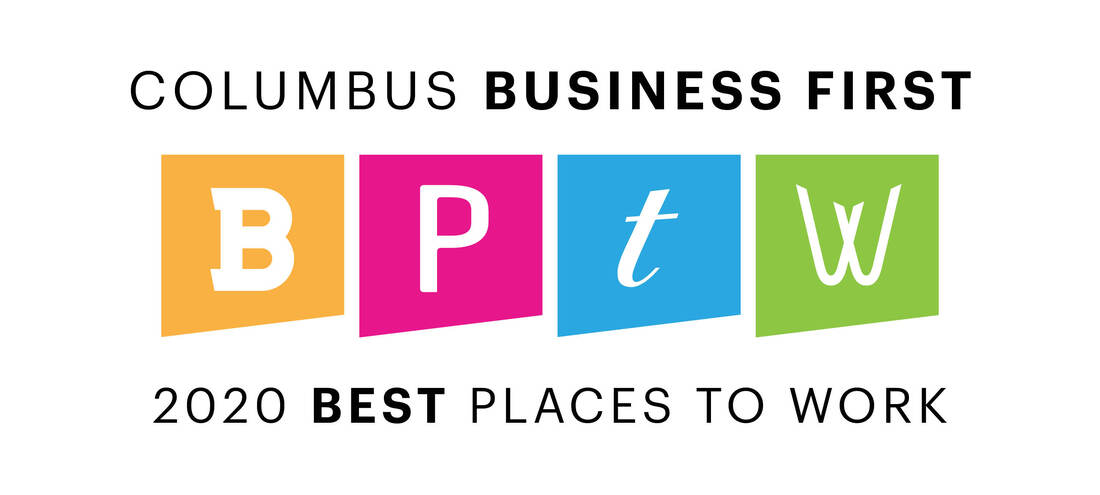|
By Tami Harris
In today’s world, so much of our personal information, everything from the numbers in our bank account, our credit reports, sensitive personal documents and in some states, even our digital driver’s licenses can all be found online or in an app. With all of that sensitive information floating through the digital cloud, cybersecurity is more than a buzzword. It’s an essential part of daily life in the 21st century. Not unlike an insurance policy, cybersecurity is a vital part of protecting yourself and your loved ones. So let’s dive right in. What exactly is cyber security? What does it entail? And how can you keep yourself and your personal data safe on the internet? So what is Cybersecurity anyway? By definition, cybersecurity is the practice of protecting critical electronic systems ie. computers, servers, mobile devices, networks and sensitive data from unauthorized access and/or digital attacks. In short, cybersecurity ensures, or at least attempts to ensure that your personal digital data doesn’t end up in the wrong hands. How do I protect myself and my digital footprint from cybercriminals? Protecting yourself from cyber attacks, unauthorized digital account access, and outright identity fraud can certainly feel like both a daunting task and a full time job, but there are a number of steps and precautions that you can take to best protect yourself against even the most formidable of cybercrooks. From anti-theft software to password protection, let’s break down some of the common (and most effective) ways to keep your digital data safe.
The world we live in is without question, a digital one. We’ve got the whole wide web at our fingertips which is great when it comes to connectivity and making a big world seem that much smaller. It also means we’ve got the added responsibility of protecting our digital domain. So do your homework, buy the security software, browse responsibly and just as you would lock the doors of your home at night, take every precaution to ensure the safety of your personal information. It is far better to proactively protect your online identity than to get caught behind the eight ball doing damage control. Happy browsing!
0 Comments
Leave a Reply. |
The Lead
Archives
March 2022
|
Richardson Marketing Group |
Contact InformationPhone: (800) 460-0464
Email: info@richardsonmarketinggroup.net Address: 3260 W Henderson Rd Suite 020 Columbus, Ohio 43220 |

 RSS Feed
RSS Feed




